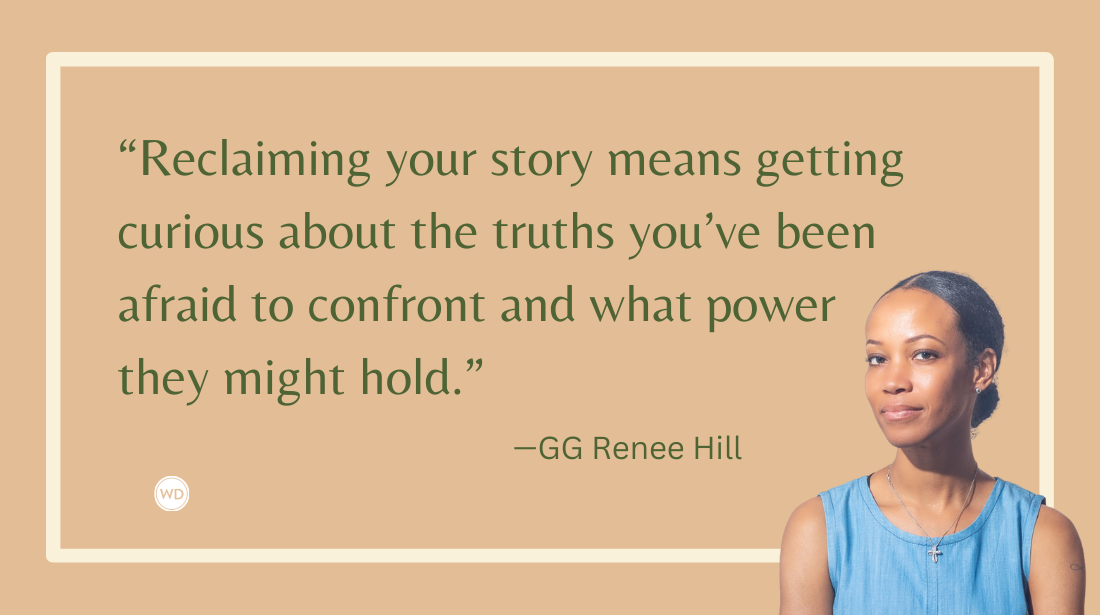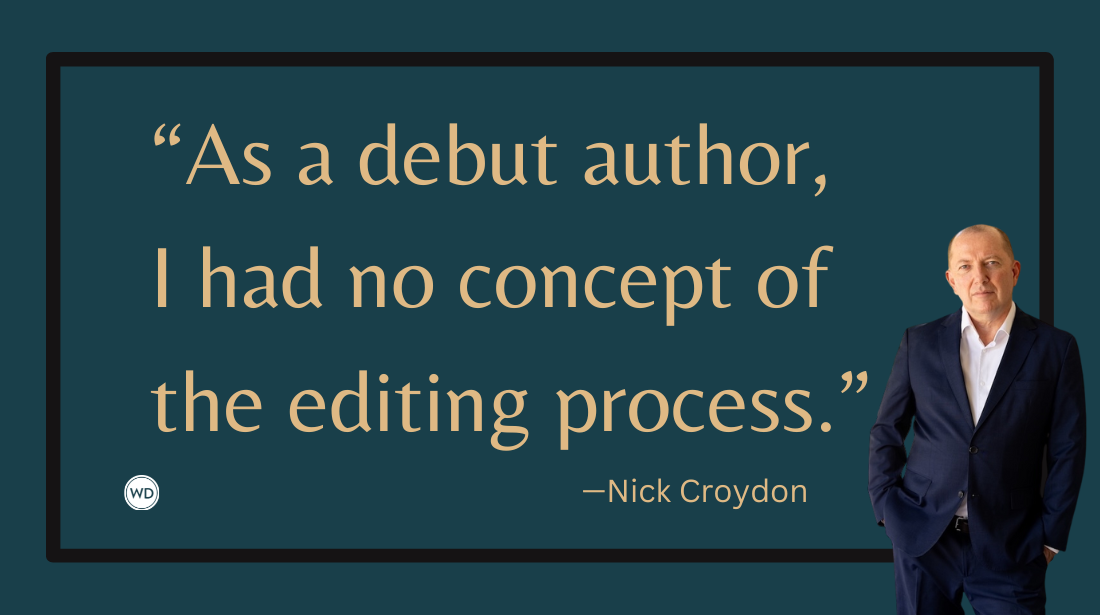Author Tim Powers Says “Trust the Cats”
Whenever there’s a loud noise outside my little back-room office, the cats all instantly look at me. (Somehow there are always at least two or three cats napping on my…
Whenever there's a loud noise outside my little back-room office, the cats all instantly look at me. (Somehow there are always at least two or three cats napping on my desk or on nearby bookshelves.) If I react to the noise -- if I leap up in alarm, spilling my coffee and scattering notes -- the cats go mad. They start rocketing around the room in total panic, clawing books off shelves, running headlong into the sliding glass door, climbing up me as if I were a tree and a bear were after them.
But if I ignore the noise from outside and continue placidly typing or reading, or even if I just glance casually out the window, the cats all shrug and resume their naps, because obviously the noise was nothing important.
They judge whether or not to take it seriously by my response. And when I'm reading fiction, I do something very similar.
When something of apparent importance happens in a story I'm reading, I look at the responses of the characters to know whether it's something I need to take seriously -- or not. If the narration claims that a bloody murder just took place, but characters who have not shown any signs of being a sociopath are reacting with flippancy and jokes, I decide that it was a false alarm -- no murder actually occurred. And therefore the narrative voice was just kidding, really, and I stop reading because I wasn't kidding when I picked up the book. I wanted convincingly real events, happening to convincingly real characters.
Even P. G. Wodehouse's Bertie Wooster takes his objectively trivial problems seriously -- in fact the stories are funny largely because of how seriously he takes them. They're not trivial to him!
I know this -- but sometimes when I read over my first drafts I find that some section of the narrative tone has become tongue-in-cheek, ironic, almost winking at the reader over the top of the page as if to say, We both know this is just stuff I made up, right? For a few paragraphs I've totally abandoned any pretense of trying to make the reader believe that the characters are real-life people with real-life problems. So I read over that section -- and I discover that I was dealing with something emotional. Not romantic love and sex necessarily, but any affecting sort of scene -- a daughter leaving home, or someone genuinely afraid of getting a diagnosis from a doctor, or a parent dying, or even a pet dying. I was embarrassed when I was writing it, so I hid behind flippancy. My characters are mugging and smirking.
Nothing worth taking seriously, in other words. My cats would go back to sleep.
I read somewhere that Jack Kerouac was always hindered in his writing by his fear that his mother would read it. I think more readers are worried about their friends, or even about strangers -- they're afraid of seeming to be sincere, so they make sure the reader understands: You can't make fun of this story because it's already making fun of itself.
I rewrite those passages in my stories. Sure, by portraying emotions as I think they genuinely happen, I'm taking the risk of letting the readership conclude (maybe validly) that I'm shallow and immature and naïve, but -- if we're not willing to be honest in our writing, what are we saving it for?
Learn More at the Writer's Digest West Conference Sept. 27-29 in L.A.
Tim Powers is the author of thirteen novels, including THE ANUBIS GATES, DECLARE, HIDE ME AMONG THE GRAVES, and ON STRANGER TIDES. His novels have twice won the Philip K. Dick Memorial Award, twice won the World Fantasy Award, and three times won the Locus Poll Award.
Powers has taught fiction writing classes at the University of Redlands, Chapman University, and the Orange County High School of the Arts, and has been an instructor at the Writers of the Future program and the Clarion Science Fiction Workshop at Michigan State University.
Powers will be providing the opening keynote at the Writer's Digest Conference in Los Angeles, California, September 27th – 29th.
Register Now and Join Us >>
*********************************************************************************************************************************
Follow me on Twitter: @BrianKlems
Check out my humor book, Oh Boy, You're Having a Girl.
Sign up for my free weekly eNewsletter: WD Newsletter









